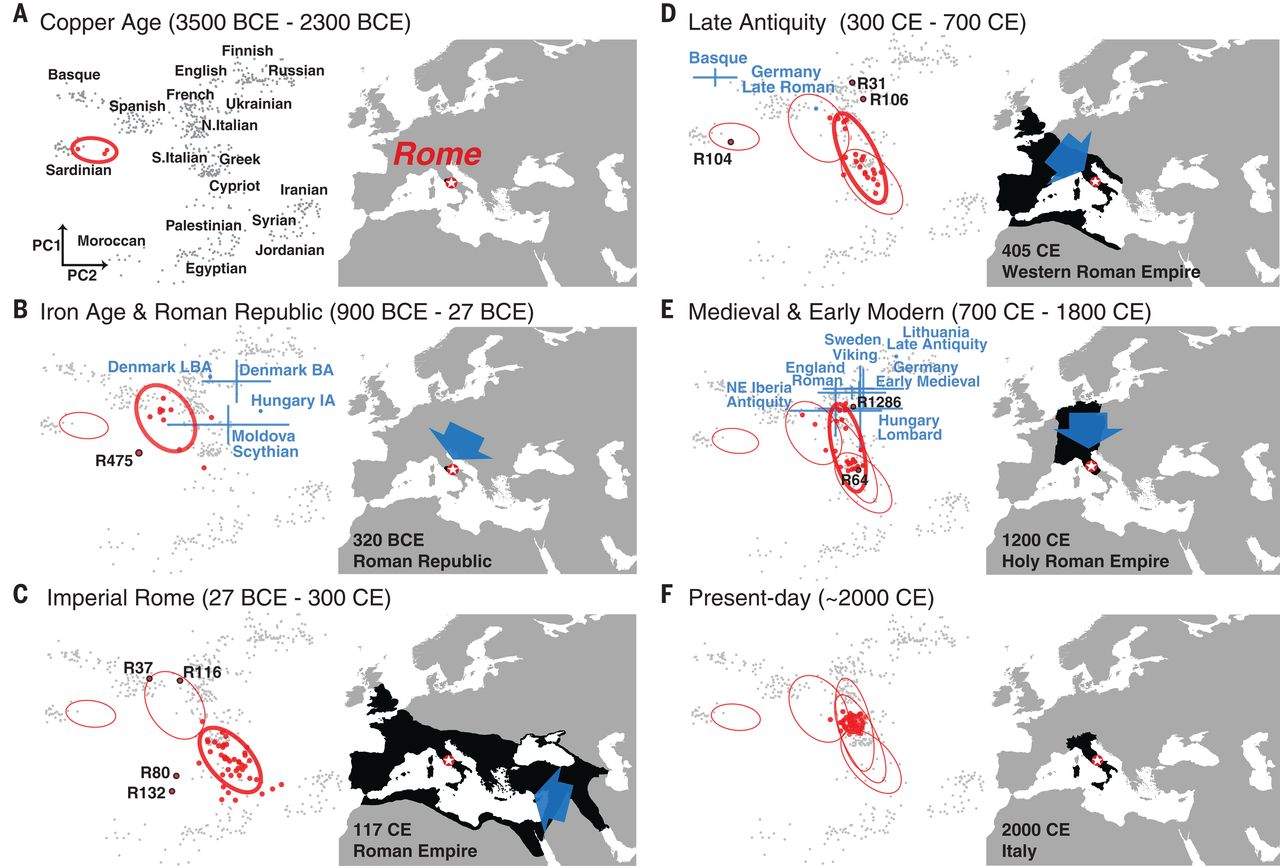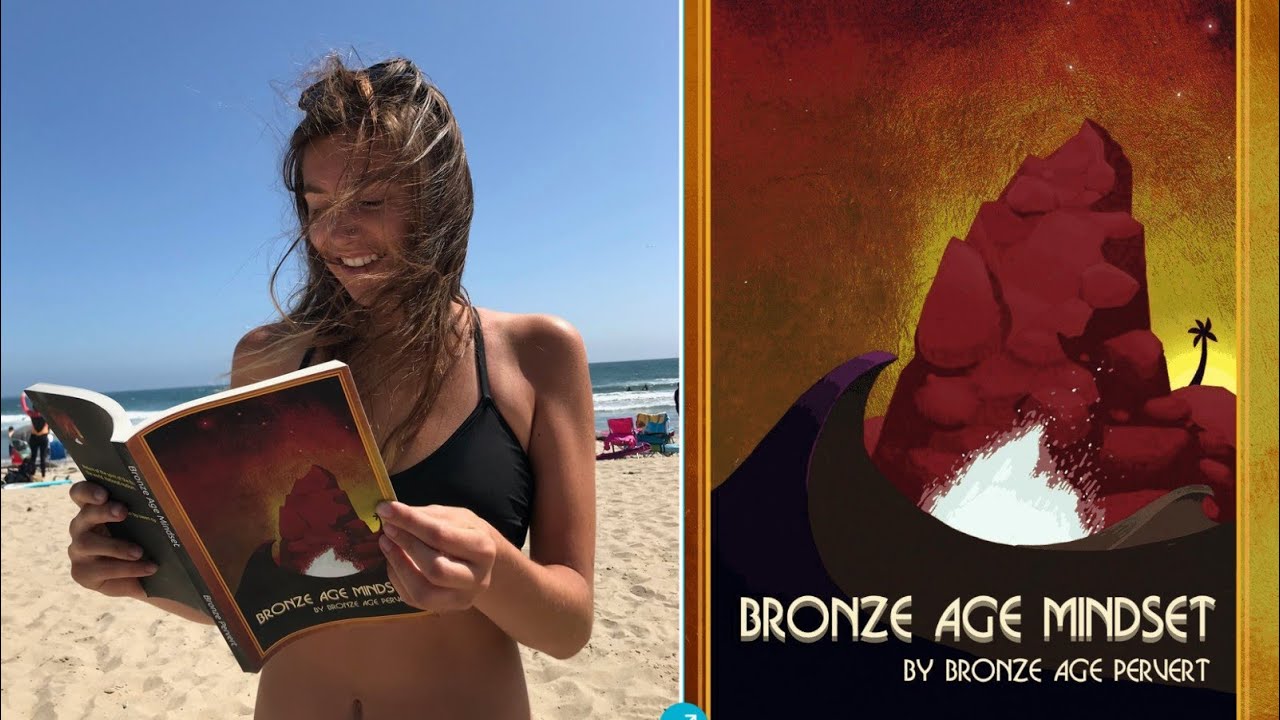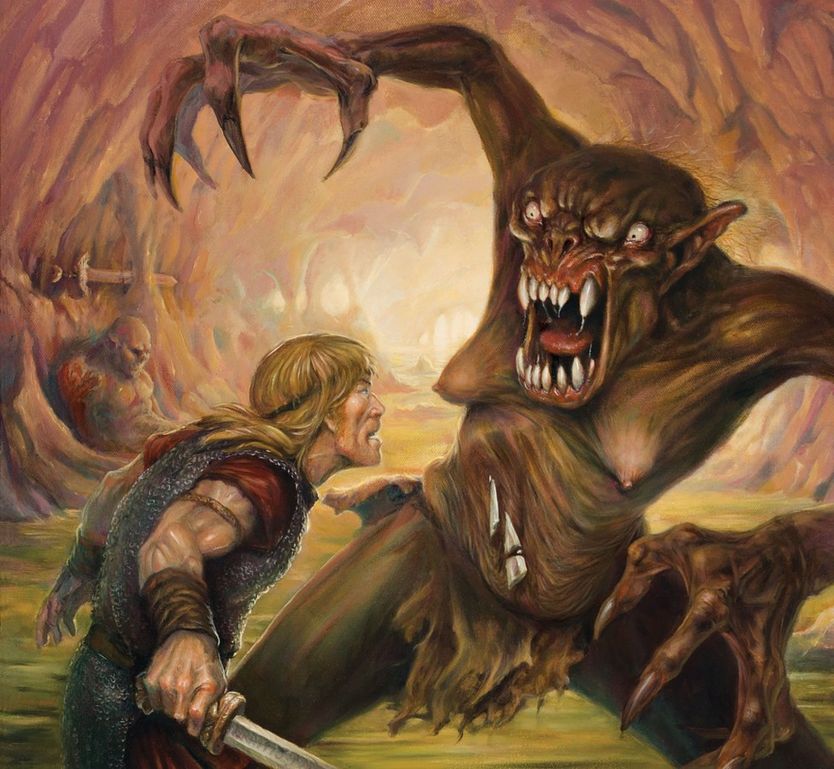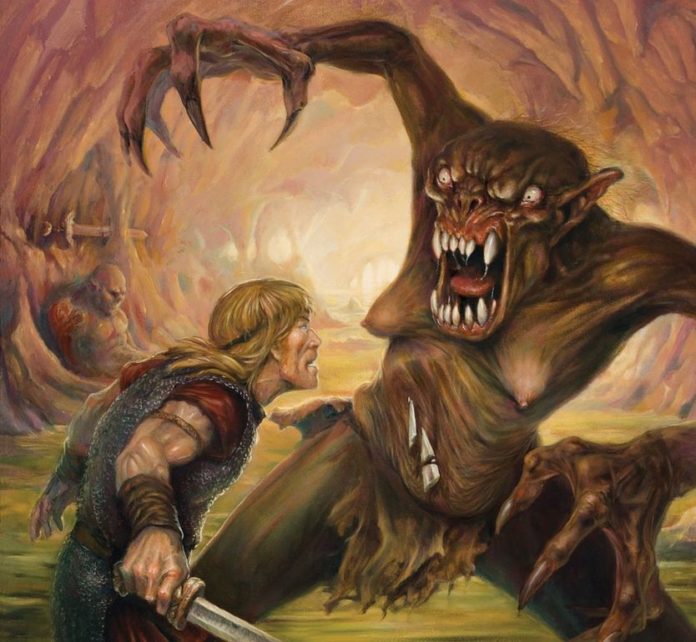It is important to understand the past so that we better understand ourselves. Once we understand ourselves, we can make better decisions in the present, that will in turn set us up handily for the future – “Tactics flow from a superior position” as written by the chess grandmaster Bobby Fischer, or to paraphrase, decisive action comes easily once you’ve made slow, steady progress of one good move after another. Two interesting articles have put some questions to the overarching goal of nationalism, one being this by Tom X Hart on Medium, the other being by Mark Moncrieff. The latter is well-timed, as I’m reading JRR Tolkien’s translation of Beowulf, which I highly recommend. Let’s examine some of the ideas from these articles with a special consideration for Australia.
Mark’s article is clearly written and puts forth a sensible idea: reintroduce a more local, communal system of justice and governance, to be administered by people with a stake in their community who can pass appropriate judgement. Of course, if such a judgement is deemed by someone in the community to be inappropriate, they have the right to go a step up to a more senior authority and make their case. This is not merely a matter of justice and policing, but most matters of governance, and promotes regional autonomy. To make this relevant to our time, imagine if small local communities had the authority to conduct their own brush clearing and hazard burnoffs in a way that was sensible for their local area, without fear of the government stomping on them.
Tom’s article is quite a bit longer – set aside some time if you’re intending to read it – but the thrust of it covers the following ideas: First, that nationalism necessarily preceded internationalism and globalism, as it erases or ignores regionalism; second, that multiculturalism has already planted strong, invasive roots in Western countries, and barring extreme measures will not be quickly removed; third, given the last two points, we have the option of either creating specialised city-states similar in style to Singapore, or giving up our comforts and embracing a more barbaric, nomadic lifestyle. This last idea is to become our own Visigoths, in a sense, to rebel against the civilisation we built because it no longer embraces us. Given recent evidence that the founders of the Roman Republic showed strong central and northern European genetic markers, it seems fitting that it was Germanic people who returned to hound the dilapidated, mismanaged late Roman Empire.

The idea that nationalism overrides more locally focused governance has some merit – after all, are Italians from Naples at all similar to Italians from Sicily, to say nothing of Tyroleans who are Italian by governance, but German by ethnicity? Matteo Salvini’s party which recently held shared government in Italy was formerly called Lega Nord, and advocated splitting Italy into two countries because they are so regionally diverse. People in the Alps don’t quite have the same issues as people on the edge of the Mediterranean sea. Before the rise of nationalism, there was no Italy in a political sense, nor was there a Germany, but instead there were smaller, localised states and kingdoms. In an Old World sense, Tom’s argument is sound, and one can see where he’s coming from in calling nationalism a tiny, proto-globalism. But in an Australian context it doesn’t make as much sense – not now, at least. More on that later.
The second point to consider is that multiculturalism is firmly attached to Western society now, whether we like it or not. Blair Cottrell’s recent trial has shown that it is virtually mandated by the government. The discussion in the article is very fatalist and blackpilled, which is unconstructive, and it’s worth noting that our language has an important influence on how we think, but let’s entertain the idea that reversing multiculturalism is extremely difficult at this point and gets harder every year as immigration is not slowing down. It’s a tall order to think this way, as every effort should still be made in this regard, but because it also pays to be prepared, we should plan for the possibility of poor results on this important issue. That leads us to the final point to discuss: What are our options?
The answer essentially seems to be localised movements. These are decentralised, regional, and directly relevant to the people involved. There are two strands worth considering: Mencius Moldbug’s idea of hardened city-states, and Bronze Age Pervert’s idea of a refreshed, vibrant barbarism. A city-state, which might not necessarily be ethnically homogeneous, nevertheless allows modern living to continue. Your life in such a place would not be very different from how it is now, but it might be smoother and more efficient. It refocuses the people who live there onto particular pursuits, it venerates achievement and ability, and like Singapore can take pragmatic action that may not be palatable to the rest of the country. Due to reduced interference from the national government, it would end up being a more efficient, pleasant place to live than the neo-Brazil we are slouching towards.
The alternative is the barbaric. If you change your thinking on this word, it ceases to mean primitive and violent, and instead becomes virile and free. This is the world in which we cut ourselves free of the stifling restraints of post-Western society and organise into tribes of fearsome raiders. We keep to our kinship groups and become a menace to the deracinated masses that infest the skeleton of the West. Understanding this approach requires a rewinding of a lot of our presumptions, and is best discussed by the eponymous book Bronze Age Mindset – see the following links here, here and here for some reviews of that book. It is an entertaining and invigorating idea, and while it does not seem to pay respect to the great intellectual traditions of the Right, it is nonetheless local, actionable, and could easily become highly relevant not too far in the future. Can we beat globohomo to the punch and become the most renowned barbarians in history?

Where does all this leave the Australian reader? The idea of the Hundred doesn’t quite work in the present framework of post-Australia, where multicultural groups will definitely take advantage of this and foment disarray to claim more territory for themselves. However, in the Australia of 60 years ago, it may have been a sensible option. As technology, expertise, and self-sufficiency increases, it would make a lot of sense for the federal government to slowly drip-feed more autonomy to small, regional governments. This would have been a responsible, respectful course for the government to take, as regional differences naturally grow over time, and even after only 230 years there are plenty of distinct local quirks around Australia – given time these would develop into regional cultures all of their own. In Old World countries like Italy and Germany, this has already happened, and uniting under a nationalist government doesn’t make as much sense as Australia’s federation did: In 1901, a man in Melbourne still had a remarkable amount in common with a man in Oberon or Dalwallinu, quite unlike the difference between a Neapolitan and a Sicilian, and very unlike the country we live in today. So perhaps the Hundred can be revived in another form. The following passage is from Beowulf, as the hero lies in wait for the beast Grendel to sneak into the hall of Heorot:
Early thereafter
The foeman trod the shining hall-pavement,
Strode he angrily; from the eyes of him glimmered
A lustre unlovely likest to fire.
He beheld in the hall the heroes in numbers,
A circle of kinsmen sleeping together,
A throng of thanemen: then his thoughts were exultant,
He minded to sunder from each of the thanemen
The life from his body, horrible demon,
Ere morning came, since fate had allowed him
The prospect of plenty.

Beowulf is a powerful, epic story of a group of kinsmen – cousins, brothers, fathers – travelling across the sea to help their relatives who are in need. A beast has come into their lands, and attacked whenever they feasted together, sundering the lord’s hall and keeping them in fear. Beowulf and his brotherhood set out on their ships to aid their cousins; they are as free as only barbarians can be, they have a small homeland, but they are also mobile and adaptable. These are the same men who institued the Hundred, and this is how they saw fit to live in concert with that idea. These are the same men as us; we are their descendants. Australia already has a tradition similar to this in the folklore figure of the Bushranger, and while we aren’t known for being pirates, modern technology allows modern opportunities. It is an experience unfamiliar to our generations to live and fight alongside our close relatives for our own interests, and we are the poorer for it. History to come may yet recall this ancient behaviour from our blood.
We must confront the idea that nationalism, in the sense of a united, heritage Australia, may not be relevant anymore barring some serious acts of God. So we are left with two tasks: First, to resist in every way we can the destruction of our nations – it is still possible for us to reverse course. Second, to lay the groundwork today for what we wish to see tomorrow. Will we form interest groups and infiltrate or lobby government like other ethnic minorities? Will we come together in powerful city-states with small, hard borders? Or will we once again form nomadic tribal groups with many dispersed bases, plundering and raiding to live in simple splendour? With these options available to us we are in a position of choice rarely available in history, so we should never fall into despair, but instead give ourselves wholly to action and preparation.










